organization
-
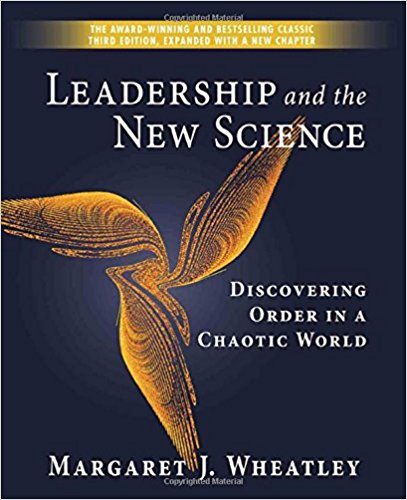
Leadership and the New Science: Discovering Order in a Chaotic World by Margaret J. Wheatley
-

Managing Transitions: Making the Most of Change by William Bridges and Susan Bridges
-
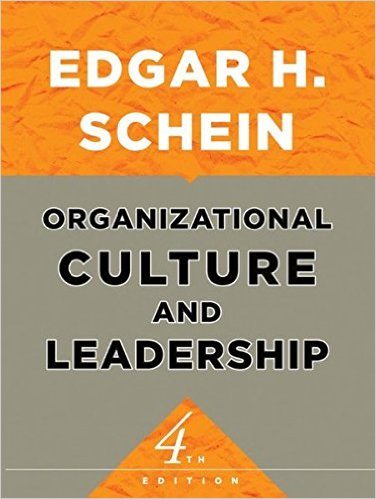
Organizational Culture and Leadership by Edgar H. Schein
-
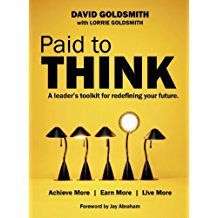
Paid to Think: A Leader’s Toolkit for Redefining Your Future by David Goldsmith
-
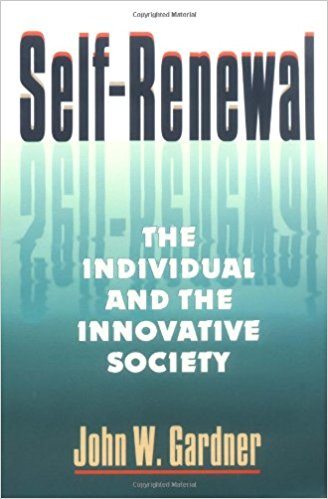
Self-Renewal: The Individual and the Innovative Society by John W. Gardner
-
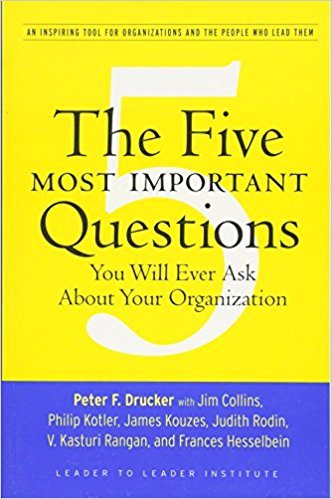
The Five Most Important Questions You Will Ever Ask About Your Organization by Peter F. Drucker
-
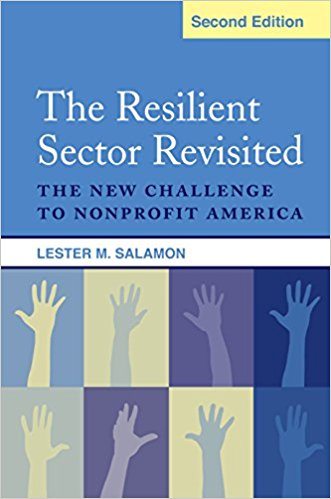
The Resilient Sector Revisited: The New Challenge to Nonprofit America by Lester M. Salamon
-
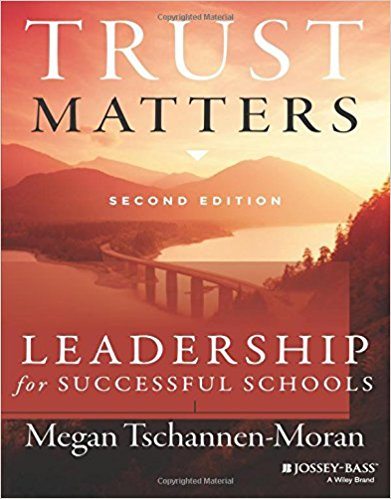
Trust Matters: Leadership for Successful Schools by Megan Tschannen-Moran
-
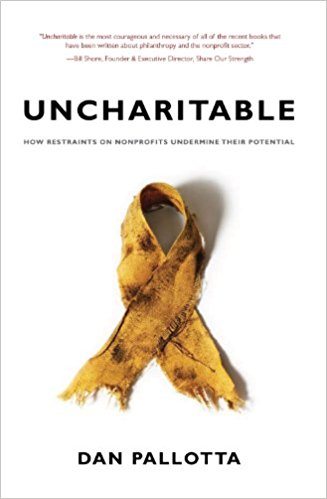
Uncharitable: How Restraints on Nonprofits Undermine Their Potential (Civil Society: Historical and Contemporary Perspectives) by Dan Pallotta
